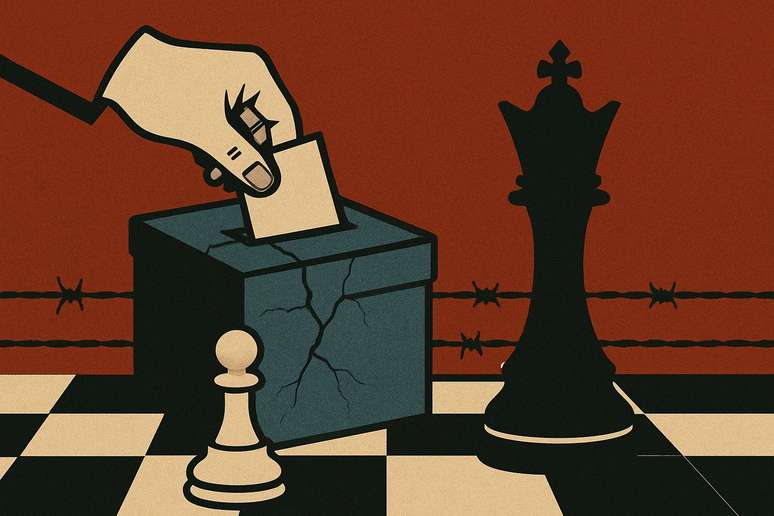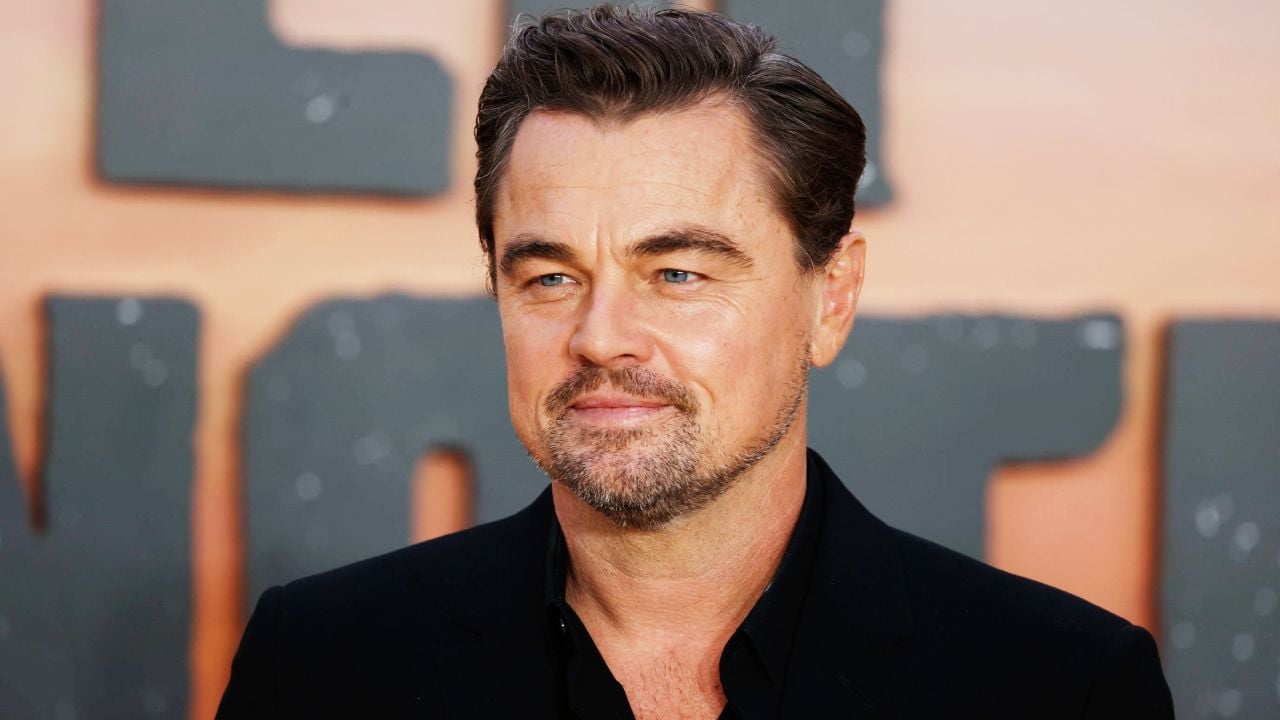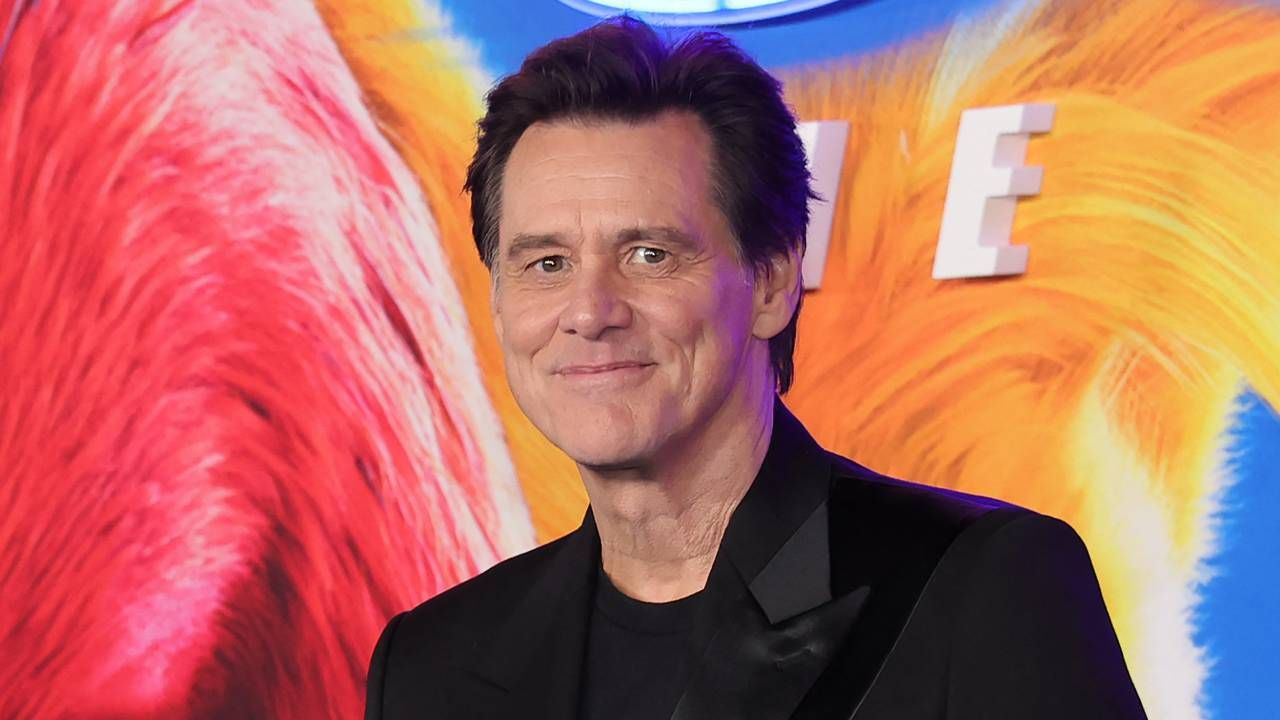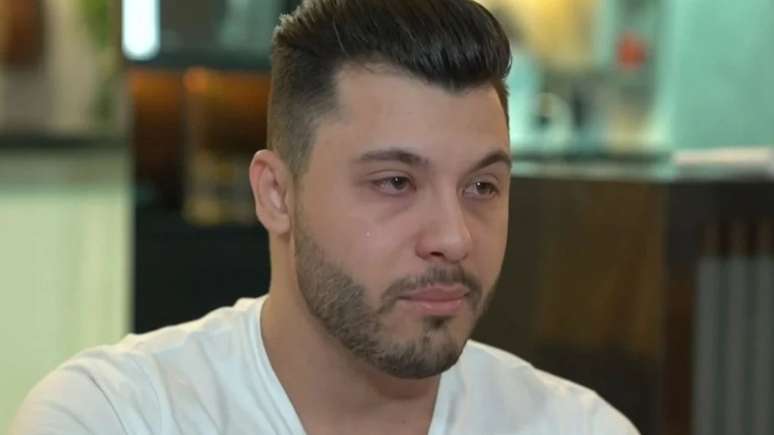Less than two years of the elections, the national political scenario is constantly evolving, with different actors and evident guidelines
Democracy, traditionally one of the pillars of the social organization, returns to occupy an important position in the Brazilian public debate. With the approach of the 2026 elections, the national political scenario is constantly transformed, marked by the execution of different actors and by the diversity of the agendas under discussion. The electoral process should reflect the plurality of the Brazilian electorate.
In the evaluation of the political strategist, professor, electoral marketing expert and founder of the Labcaos agency, Yuri Almeida, “it is essential to understand why only the elections do not guarantee healthy democracy”. The strategist strengthens that democracy cannot be limited to the periodic choice of leaders. “In Brazil and in other countries, people do not govern; only votes. This practical vision exposes a vulnerability: authoritarian leaders can achieve power legitimately and therefore weaken the institutions that elected them,” says Yuri Almeida.
The teacher highlights three essential points to understand the historical evolution of democracy and the risks that threaten it. “First of all, it is necessary to remember the postulates of Norberto Bobbio, who underlines that democracy promises more than delivery: the real power for the citizen, transparency and active participation. The distance between speech and reality generates frustration – and, in this void, figures that promise to save the system that attack their democratic bases”, he explains.
The second point, according to Almeida, is to understand that democracy is a continuous process, although mature systems are also subject to the domination of economic groups and the manipulation of public opinion. “Political apathy makes space for populists and threatens the democratic balance,” he warns.
Finally, the third aspect highlighted by the expert deals with the behavior of the voters. Almeida underlines that they often act only as consumers. “This behavior facilitates the rise of populist leaders with simple speeches and easy solutions: a warning that democracy needs much more than the elections,” he underlines.
How to strengthen democracy
From the dissemination of television and, more recently, with the phenomenon of social networks, the voting decision process has gained new ambices and dynamics. For Yuri Almeida, “social networks and TV strengthen charismatic leaders, ignoring the debate on ideas. When the image is worth more than content, democracy loses strength”, he warns.
The strategist stresses that the strengthening of democracy requires actions beyond the moment of polls. “It is necessary to stimulate active participation, guarantee transparency, invest in political education and strengthen solid institutions. Participatory models, such as popular assemblies and public consultations, emerge as alternatives to make democracy more alive and less vulnerable”, concludes Yuri Almeida.
Website: https://www.instagram.com/estouyurialmeida/
Source: Terra
Rose James is a Gossipify movie and series reviewer known for her in-depth analysis and unique perspective on the latest releases. With a background in film studies, she provides engaging and informative reviews, and keeps readers up to date with industry trends and emerging talents.







